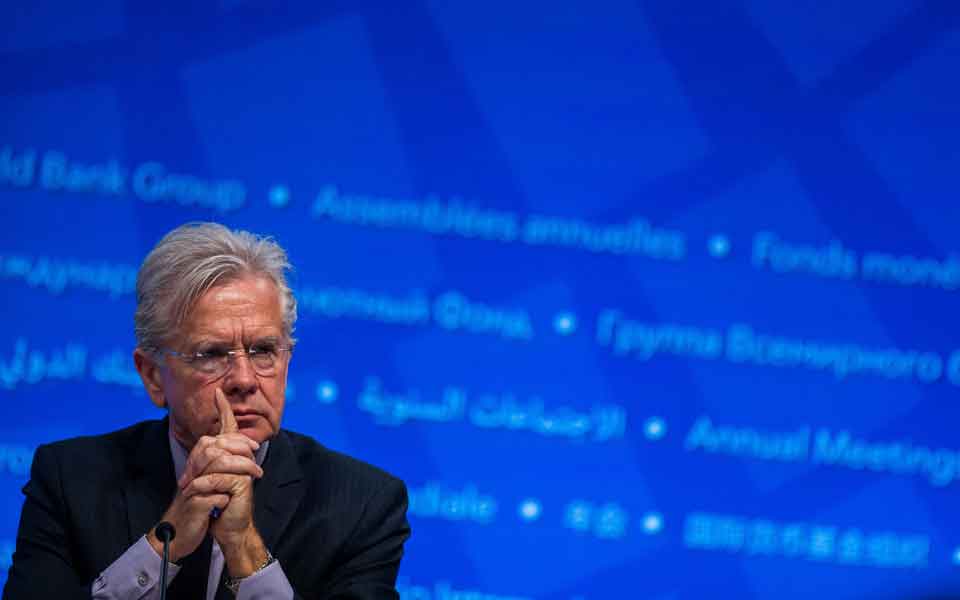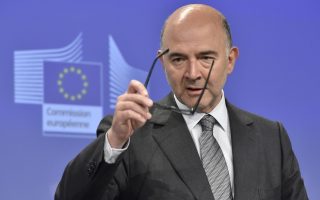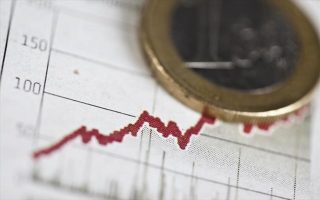IMF awaits short-term measures for Greek debt easing

The International Monetary Fund on Thursday linked the subject of debt-easing measures to the implementation of reforms in Greece, while central banker Yannis Stournaras stated that the country will need more than just short-term debt lightening measures to be allowed into the quantitative easing program (QE).
IMF spokesman Gerry Rice said the Fund welcomes the eurozone’s intention to discuss the measures at the next Eurogroup meeting on December 5, adding that for the IMF to assess those measures and their impact on the Greek debt, they do not have to be implemented in advance.
Rice added that the measures can be applied depending on the progress Greece makes in its reforms program – which means the country may face yet another bailout agreement. He made it clear though that for the IMF to reach a decision on its participation in the Greek program, it will need to know the breadth and form of those measures.
The Fund’s spokesman reiterated that the measures in the existing program are compatible with the IMF’s demand for a primary surplus target of 1.5 percent of Greek gross domestic product, so additional measures should not be required.
But even if the IMF is convinced by the measures the eurozone discusses next month, the European Central Bank will need something more substantial before it ushers Greece into its bond-buying program, Stournaras – also an ECB council member – told Reuters on Thursday.
The governor of the Bank of Greece explained that “QE depends on debt being sustainable. The ECB needs to have something concrete on debt measures before it performs its own debt sustainability analysis.” A serious discussion on debt lightening, without which Greece cannot hope for QE inclusion, is not restricted to the short-term measures, added Stournaras. Besides the short-term measures, the eurozone must also decide on medium-term ones (ie those to apply after 2018), he argued, as this is the only way the ECB can proceed with its own Greek debt sustainability analysis.
QE inclusion, Stournaras stressed, will have “secondary effects, which are confidence and symbolism, and are more important than the buying itself. It’s a passport for us to enter markets again.”





